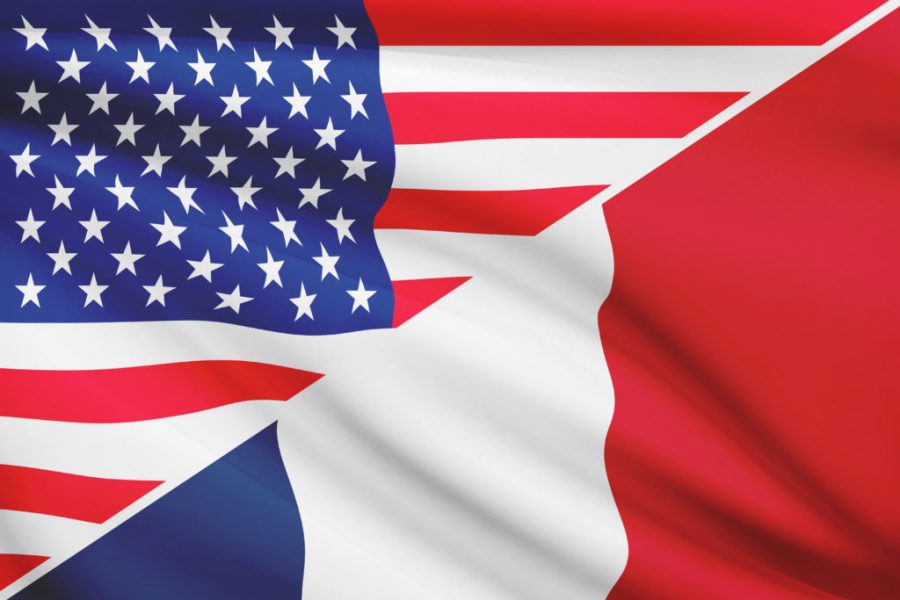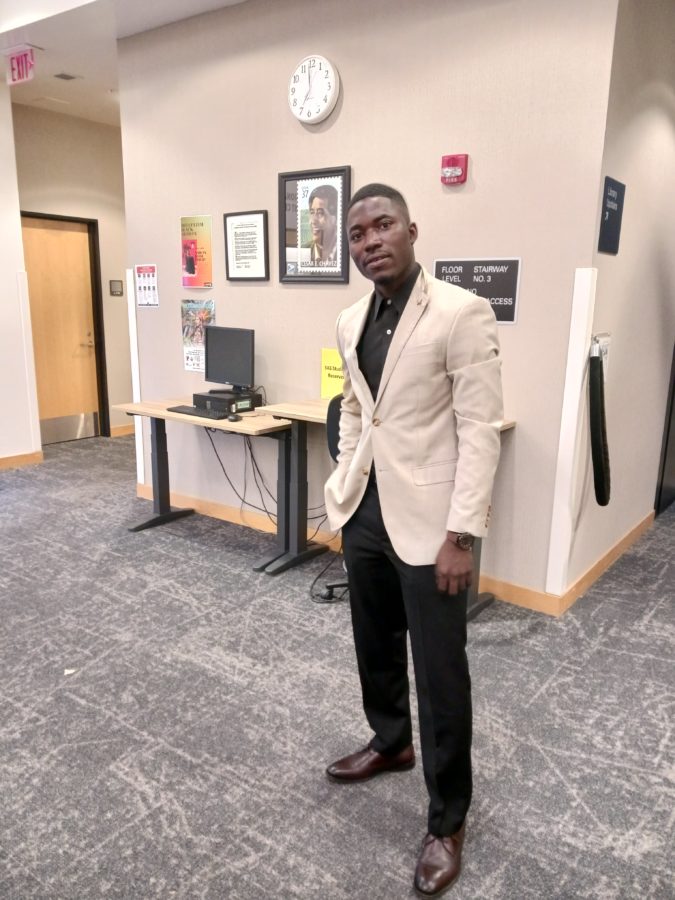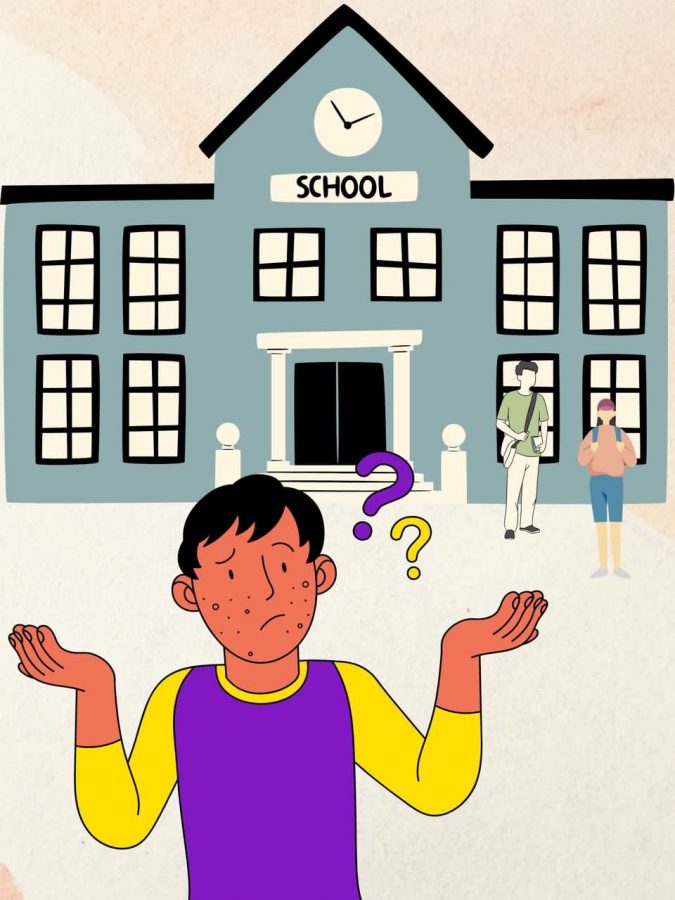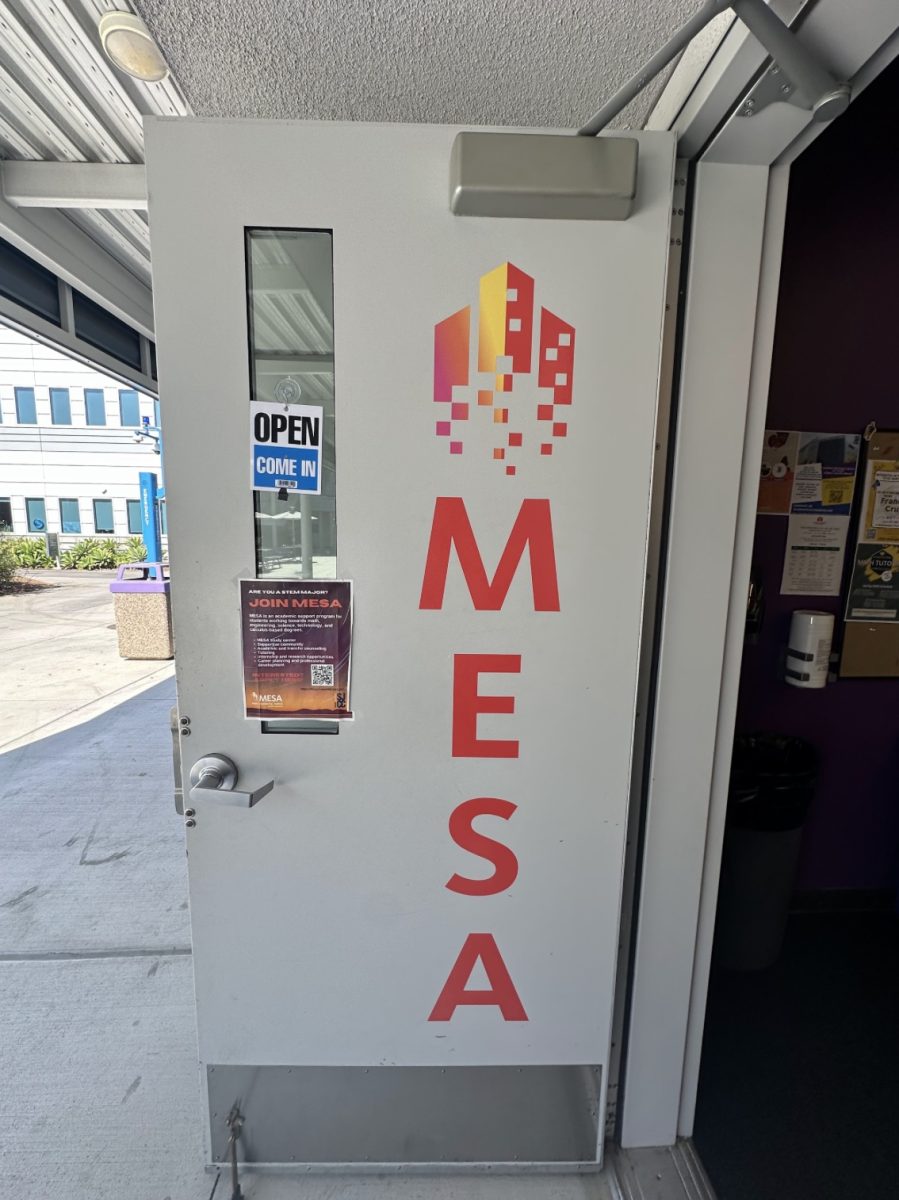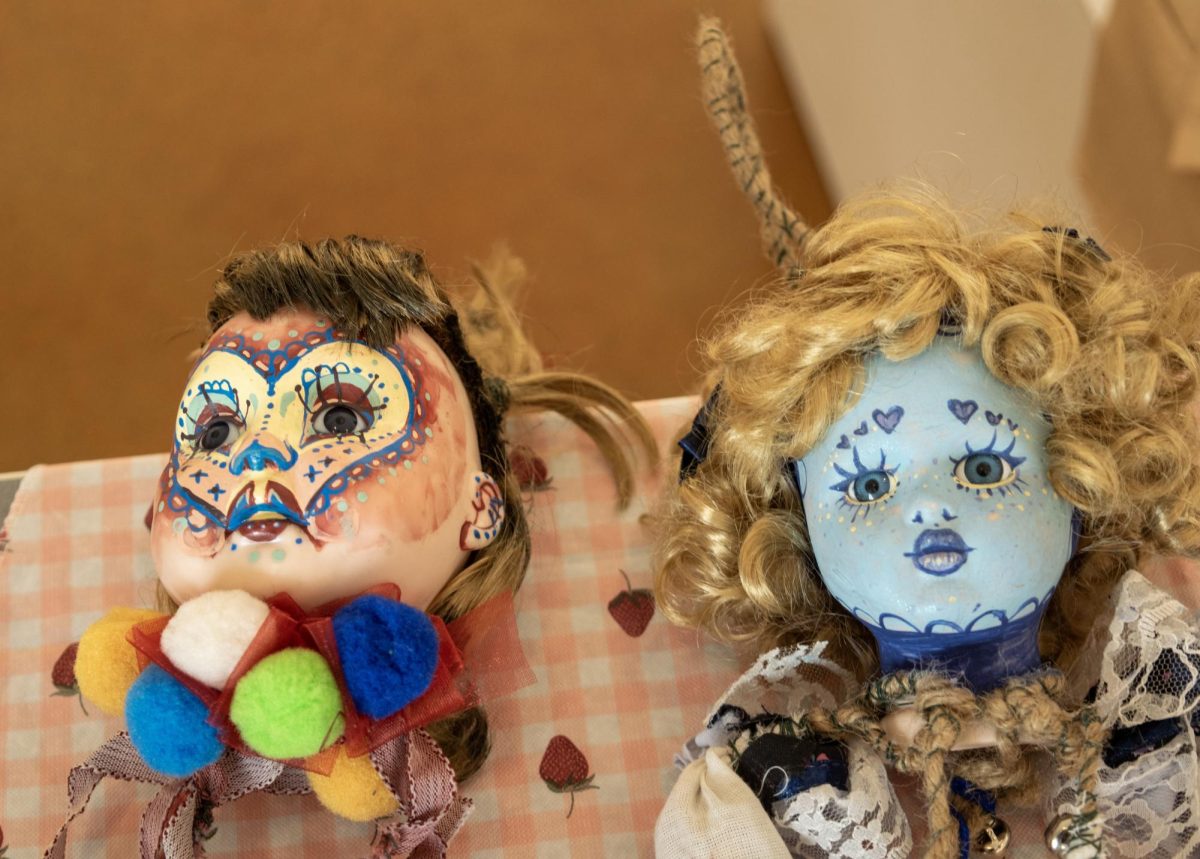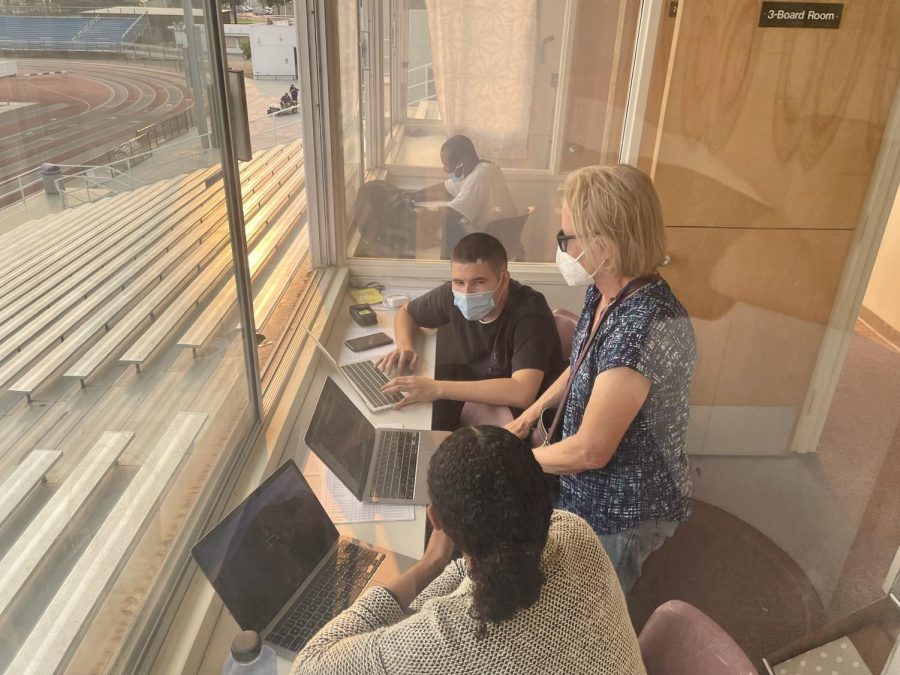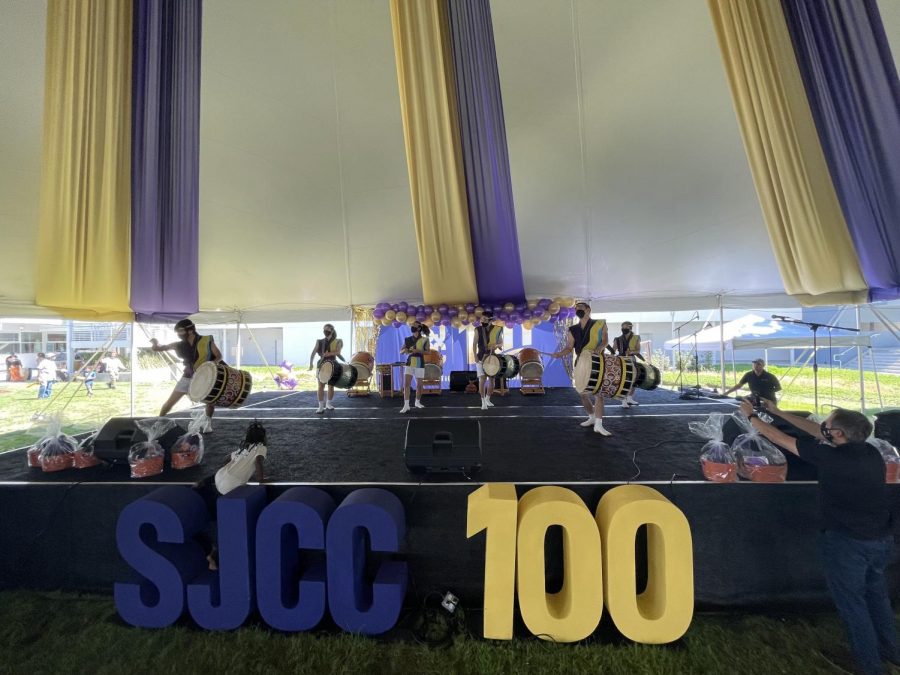I am happy that I finally succeeded in my American educational journey, I graduated in May 2018, I am done with SJCC. I met some great professors and students, my student visa allowed me to stay longer in the U.S. but for the most part, for my personal point of view, it was a waste of money.
I came to the U.S. four years ago as an au pair (a foreign person hired by a family to take care of their children.) to learn English.
I got a business degree in France but my English was a disaster, I just knew how to introduce myself, and some basic words and sentences but that was it.
During my first year in the U.S. my English started to improve, I could start to understand people better, while improving reading and writing in English.
After my au pair year I got the opportunity to stay in the country and become a student.
I was really excited by the idea of living an American student life. In the movies, it looked great. The American students seem to have a busy but fun life between class, extra activities, jobs, parties, and friends. Plus it was hard to make friends with people here, so I thought that would be a good way to socialize more.
Finally the idea of having an American degree could be good on my French resume.
I registered at SJCC as an international student and started my journey to get an associate degree in Media Arts.
Because I already had a degree from France, I can compare the two systems of education. The differences are really noticeable. For the most part I would say that I have been disappointed by the education here.
First of all the price. I got my degree in France with an internship, so I was at school every Thursday and Friday from 8 a.m. To 6 p.m. for two years, sitting in the same classroom, with the exact same classmates.
From Monday to Wednesday I was working for a company in a field related to my diploma. My job was commercial assistant. I was taking appointment with therapists as speech therapists, psychologists, occupational therapists, and neuropsychologists to offer them demonstrations of rehabilitation softwares that they could use during their sessions to improve the cognitive functions of their patients. The company paid me plus they were paying for my school.
Education is free in France from preschool to university. In the case of internship the establishments that provide the education are private and are charging the sponsor companies for the school fees. However the French Regions give scholarships to the companies that hire a student to motivate them to give jobs to young people and allow them to get a degree at the same time.
Only a few private schools have fees in France, as the most expensive school in France is EMLyon. A glorious international business school that charge the students $17,000 per year. In SJCC, according to information found on the school website, you pay $46 per unit as a US citizen and $285 for an international student.
If a foreign student goes to study in France it will be free.
In France you are in the same classroom with the same people, only the professors move from one class to another. You sit at the same spot for two years, making it easy to make friends.
Today I am still regularly in touch with my classmates from college in France, even if it was five years ago. Here I don’t even stay in touch with the classmates from the semester before.
I think it is not just school, it is cultural. In the U.S. you become friends really fast but for a short amount of time, it can be just for a night during a party, or just for a few months during a school semester. In France it takes us time to be friends, we are not open to new people easily, so once we become friends it is better to be for life.
Even if you share your phone number, Snapchat or Facebook, you know that your classmates are going to disappear at one point when the semester is over. So the American student life dream that I watched on movies where the students hang out with a lot of friends all the time didn’t appear at all here.
Finally the level of education.
The newspaper The Guardian published a world education ranking list established with data collected about reading, math, and science. The top 10 is Finland, Japan, South Korea, New Zealand, Canada, Estonia, Australia, Netherlands, Germany and Switzerland. The U.S. appears 17th and France 21st.
So knowing that the U.S. has a better rank than France, I hoped to get a good level of education. But this is where my biggest disappointment was.
I didn’t find it hard enough, it was way more complicated to get my diploma back home than my associate here.
Here you can pick your classes, you can even pick your professor, it is like grocery shopping. Back home you don’t have the choice of classes or professors, it is imposed for two years.
To validate the degree you have final exams that last a week and regroup everything that you learn during two years. The tests are composed of essays to write in three hours, study of professional cases for five hours, oral test in front of people you don’t know.
It is really stressful.
Here if you fail your class you can try again next semester with another professor. Plus, I have to be honest, it is hard to fail a class in SJCC.
Between the extra credits, the tests that are multiple choice answers, some professors who allow you to keep your notes during the tests and some who never give you homework, you really have to never show up in class to not pass it.
I didn’t find it serious enough for some classes, especially for the classes that concern my major. I wish it would have been more professional oriented and less high school scholar oriented.

